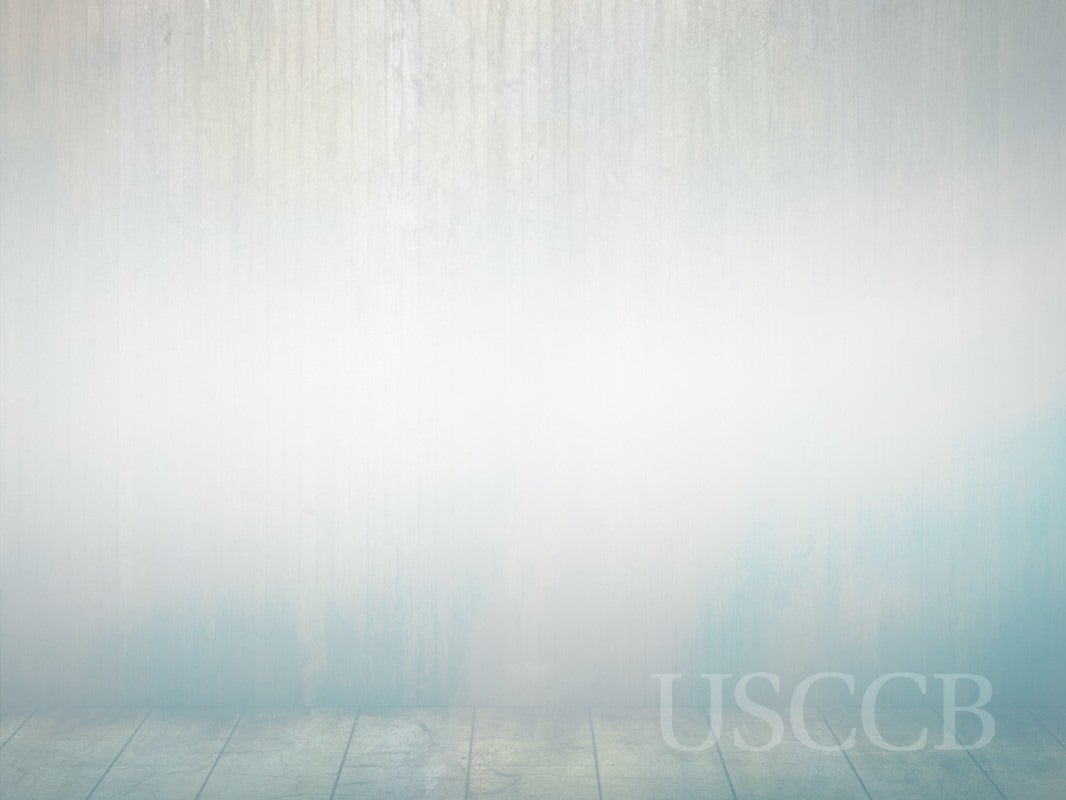

Civil Law Considerations—Immigration Law | C-9
period granted under a nonimmigrant visa, or
who have otherwise violated the terms and
conditions of their nonimmigrant status. If an
individual is unlawfully present for a contin-
uous period of 180 days or more and volun-
tarily leaves the United States, the individual
cannot reenter for at least three years. If the
individual has been in unlawful status for a
continuous period of one year or more and vol-
untarily leaves the United States, the individ-
ual may not reenter for at least ten years. There
is a limited exception and waiver to the three
and ten-year reentry bars.
Special Note on Students: Seminarians
on the F visa are students who are on dura-
tion of status visas and are only considered
in unlawful presence if an official of the CIS
or an immigration judge determines that the
particular seminarian is in unlawful status.
10. Moving About Without Permission
R visas are petitioner/employer-specific, and
persons in the United States may not change
to another petitioner/employer without first
obtaining CIS permission. To do so is a viola-
tion of immigration status.
Case Study 2
Father X. is sponsored by Parish A. of Diocese C. as an
R nonimmigrant. Father X. is given an initial thirty
months in that status upon his inspection and admis-
sion into the United States by CPB officials. After
spending only six months in Parish A., Father X. is
approached by Parish B., also part of Diocese C., with
better placement incentives. Father X. moves to Parish
B. without CIS approval. This is a violation of Father
X.’s immigration status.
This case illustrates that moving from employer to
employer without CIS approval renders the person out
of immigration status and subject to removal.
11. Incorrect Classification and Admission
If a religious worker has been admitted incor-
rectly to the United States, the religious
worker should visit a local CBP Deferred
Inspection Site or port of entry to have the
admission classification corrected. A list of
Deferred Inspection Sites and ports of entry
can be located at
www.cbp.gov, under the
“Ports” link at the bottom of the page. CBP
has been eliminating the paper Form I-94,
which is the arrival/departure record attached
to the passport that has an annotation of the
visa classification along with the date that
the visa classification expires for airport and
seaport arrivals. CBP has begun gathering
arrival/departure information automatically
from nonimmigrant electronic records and
stamping the travel document (passport) to
show the date of admission, class of admis-
sion, and the date until which the traveler
is admitted. If travelers need the informa-
tion from their Form I-94 admission record
to verify immigration status or employment
authorization, the record number, and other
admission information, they can retrieve that
information at:
www.cbp.gov/i94. As of this
writing, CBP still issues paper I-94 at land
border ports of entry.
12. Classification as Employee Versus
Independent Contractor
CIS expects religious workers on R visas to
be employed by sponsoring entities. If the
religious worker on the R visa subsequently
attempts to adjust status to permanent resi-
dent as a special immigrant, CIS seeks proof
that he or she has been duly employed and
requests tax information. It will be easier
to provide copies of IRS Form W-2 or tax
returns based on Form W-2 than to provide
IRS Form 1099 documentation issued to
independent contractors. Although neither
law nor regulation forbids payment as an
independent contractor, CIS expects there
to be an employment relationship. Processing
the applications is less complicated with
Form W-2 documentation.
Frequently Asked Questions
Q1. The Tourist Visa Priest. Can a priest in the
United States on a tourist B-2 visa celebrate
Mass publicly or privately while visiting the
United States? Can he solicit funds?
A1. Yes, a priest on a tourist visa may celebrate either
a public or a private Mass while visiting the United
States. He should not, however, be compensated for

















